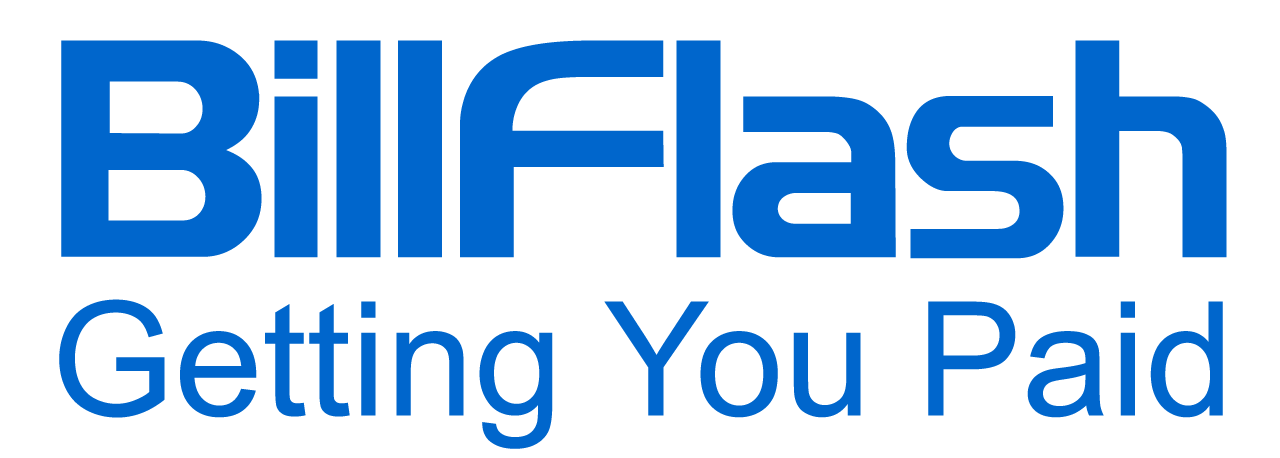Explore what advances lie ahead for healthcare payment processing, and how these may benefit both patients and providers alike.
The healthcare industry continues to navigate the long-term repercussions of the pandemic. Providers are still struggling with labor shortages, inflation, and an economic downturn. Despite these difficulties, many healthcare providers have found ways to get more out of less by improving patient outcomes or driving innovation. With changing regulatory frameworks and competitive pressures always looming overhead, adopting an approach for the current conditions is essential. One area where this is especially true is in healthcare payment processing.
Outdated methods that use manual processes can be slow and lack insight into spending trends. In fact, they're at risk of fraud and a lack of protection for PHI. Low accessibility due to fragmented payment options have further limited adoption rates — but cloud computing advancements have opened up quicker and safer payment solutions that patients are appreciative of (and that providers benefit from).
If healthcare practices want success going forward, then keeping up with technology trends will give them an edge. Reports suggest 65% of patients will access healthcare by using digital front doors, so streamlining systems should not be overlooked.
This article takes a closer look at what advances could lie ahead for healthcare payments, examining how changes may benefit both patients and providers alike. Could faster transactions provide an improved patient experience? Will increased security standards help keep data safe? These questions (and more) deserve consideration as we move forward together toward progress in this industry.
Current State of Payment Processing in Healthcare

When it comes to the current state of payment processing in healthcare, fees associated with certain transactions can be high, and security is often inadequate or not up to modern standards. Fraud prevention measures may not always work as intended. Data privacy concerns also remain an evergreen issue due to the sensitive nature of health information. Ultimately, if healthcare organizations want to make sure they provide patients with convenient payment solutions while also protecting their own interests, it is important that they stay aware of current trends related to processing technology and continue investing in top-notch security protocols. This way, they can guarantee fast payment processing times without compromising data integrity.
Today, healthcare payment methods have come a long way from traditional to digital forms. Credit and debit cards offer an easy and secure way to pay for medical expenses. In fact, they are becoming even more popular due to their convenience and wide acceptance. Checks are also still used by those who prefer this method of payment; however, they need extra processing time. This could lead to delays in treatment or billing cycle completion. Electronic payments like direct deposit or online banking transfers give patients the ability to make speedy transactions while also keeping their personal information safe from potential misuse or abuse.
Blockchain Technology and Mobile Payments
Many healthcare organizations are undergoing a paradigm shift in payment processing. Blockchain technology is emerging as one of the most promising solutions to reduce fraud, coordinate care, and facilitate direct payments. Experts estimate that its adoption could save up to $150 billion annually by 2025. Mobile payments are also becoming increasingly popular within healthcare settings for their convenience and speed. In fact, patients can now quickly settle medical bills from their phones! This trend promises greater flexibility in terms of payment options while eliminating time-consuming paperwork or long lines at billing counters. Payment processing is a game-changer for healthcare, revolutionizing the revenue cycle and patient satisfaction. Automating billing systems can empower staff, streamline processes, improve customer service, and ultimately boost both staff morale and patient loyalty. Satisfied patients lead to better operations as well as higher payments made in full, faster. Plus, they will be more likely to refer their providers or come back themselves should they need additional medical care. Provider efficiency is also essential if we're aiming at responding proactively to the ever-evolving healthcare industry while keeping up with the demands of providing quality services efficiently.
Future of Payment Processing in Healthcare

The healthcare industry is rapidly adopting technological solutions, with newer developments promising to expedite the process. However, for patients to benefit from these systems without becoming overwhelmed by them requires user-friendly digital payment applications. These applications make it easier and more convenient for individuals to pay for telemedicine services, home care assistance, and remote patient monitoring (RPM) systems.
An increase in digitization has been combined with a move towards value-based reimbursements as treatment costs continue to rise. This shift could be made even smoother with health payments connected directly with telehealth or RPM platforms, especially when it comes to healthcare needs that may otherwise go unmet due to a lack of providers in certain areas. To create more cost-effective healthcare systems, prevention strategies should be prioritized, with primary care and patient involvement being essential components. Patients can become more involved with patient portals that can access electronic health records, view medical bills, and even receive guidance on healthy lifestyle habits.
Ongoing advancements have revolutionized how we approach medical treatments today and the way we pay for those treatments. Thanks largely in part due to technological advances like machine learning and AI integration (which have made these tasks more accurate and efficient). Combined with reliable payment options, patients can have more flexibility when managing their healthcare and their healthcare payments. AI can help determine the most urgent treatment needed for patients. It can also help select the best therapies, optimize staffing levels, choose the most appropriate devices for various procedures, and choose the best payment options.
Benefits and Challenges of New Payment Processing Methods

New payment processing methods in healthcare can offer numerous advantages. This includes efficiency enhancements, cost cutdowns, patient experience improvements, and enhanced security. However, there are also challenges related to new payment processing strategies such as:
- Security concerns. Healthcare organizations must have robust security measures in place at every stage of a transaction.
- Complex compliance requirements. Regulations such as HIPAA/HITECH or PCI DSS need strict adherence due to their high standards.
- Lack of standardization. Even within one healthcare organization, there may be different systems used by different departments, requiring manual reconciliation efforts.
With the continuous emergence of healthcare payment processing obstacles, healthcare practices are in desperate need of a new solution. However, it's critical that we identify a fresh approach that is both efficient and reliable when handling patient information. We must strive towards discovering an innovative system that meets all necessary requirements while providing superior patient service and satisfaction. By taking proactive steps today, we can ensure healthcare practices stay up to date with industry standards while reducing any future risks or issues related to finances or healthcare compliance laws.
Staying Ahead
The healthcare landscape is facing immense challenges, making it hard to maintain financial sustainability while providing quality patient care. Don't let these struggles hold your practice back. Take control and equip your healthcare practice with a payment processing platform that can help you stay ahead of the changing curve. BillFlash offers an array of solutions tailored to medical practices. Our advanced technology allows your patients to make payments securely and promptly. Plus, our full suite of services provides an automated experience from start to finish so you can get the most out of every transaction. Schedule a demo today and see how our solution can make all the difference!

